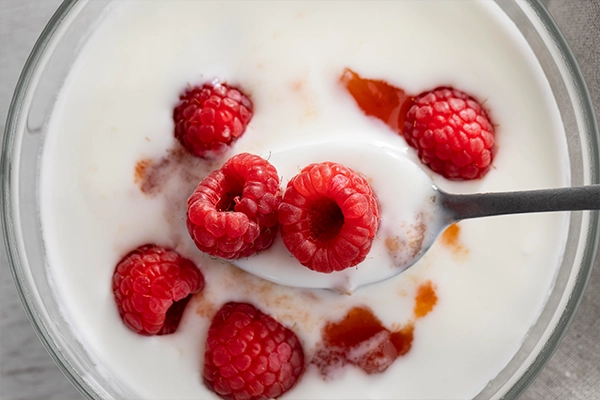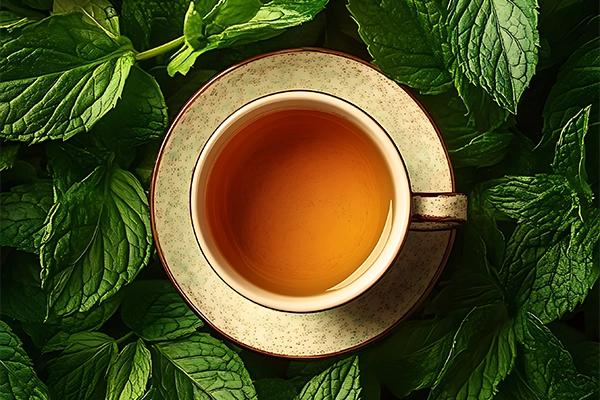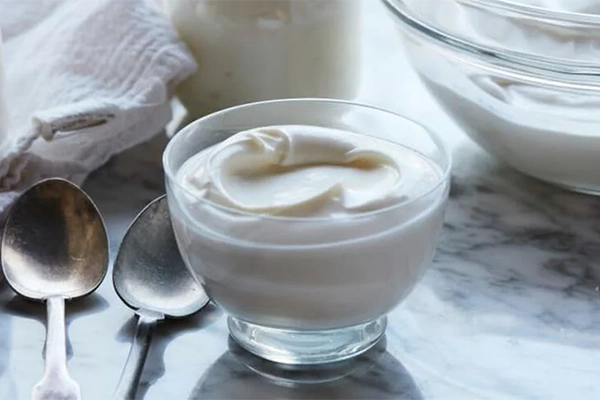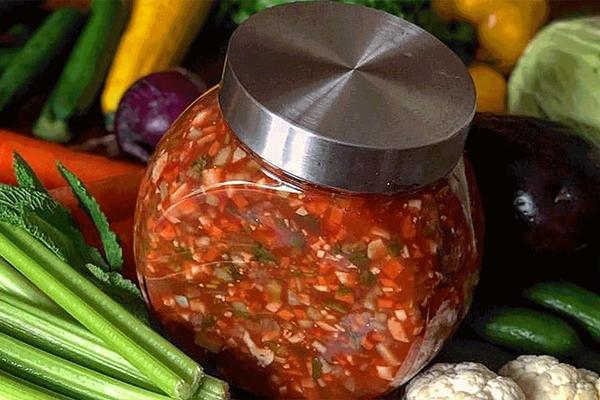In recent years, the debate dairy vs non dairy has become a hot topic in the field of nutrition and health. Many people are looking for dairy and non dairy alternatives for various reasons, including health, allergies, lifestyle, and environmental concerns. But the main question is: Which is better for the body? In this article, we will examine the differences, pros, and cons of each of these two food groups so that you can make an informed choice. If you’re interested in exploring more, check out our detailed guide on types of yogurt.

What is Dairy?
Dairy refers to products that are made from the milk of animals (usually cows, goats, or sheep). Milk, cheese, yogurt, butter, and cream are some of the most important dairy products. Dairy is rich in calcium, protein, vitamin D, and other nutrients important for healthy bones, muscles, and the immune system.
What is Non-Dairy and What is Considered Non-Dairy?
What is considered non-dairy? Non-dairy products are foods that do not contain any ingredients derived from animal milk. These products are often plant-based and include plant-based milks (such as almond milk, soy milk, coconut milk, oat milk), plant-based yogurt, cheese, and creams. These alternatives are usually suitable for people who are lactose intolerant, allergic to milk protein, or on vegan diets.
Advantages and Disadvantages of Dairy
Advantages:
- Natural source of calcium and vitamin D
- Rich in complete protein
- Beneficial for children’s growth and maintaining bone health in adulthood
Disadvantages:
- May cause lactose intolerance or allergies
- Excessive consumption may be associated with some digestive problems
- There are environmental concerns in its industrial production
Advantages and Disadvantages of Non-Dairy
Advantages:
- Suitable for vegans and lactose intolerant people
- Variety in taste and use
- Often have lower cholesterol
Disadvantages:
- Some non-dairy products lack sufficient protein or calcium
- Many are processed and contain additives
- May have a different taste or texture than traditional dairy products
Which is Better: Dairy or Non-Dairy?
The choice between dairy vs non dairy depends on your nutritional needs, food sensitivities, lifestyle, and personal preferences. If you are lactose intolerant and looking for a natural source of calcium and protein, consuming quality dairy products can be a good choice. However, if you are on a vegan diet or have allergies, dairy and non dairy alternatives are a good option.
Comparing the Nutritional Value of Dairy and Non-Dairy
Protein
Dairy products such as cow’s milk, yogurt, and cheese contain complete proteins that contain all the essential amino acids needed by the body. In contrast, some alternatives such as soy milk also have relatively high protein, but many others such as almond milk, coconut milk, or rice milk have very low amounts of protein.
Calcium
Calcium is one of the key minerals found in dairy products that is essential for bone health. Most dairy products are naturally rich in calcium. However, in the case of non-dairy products, many of them (such as plant-based milks) are artificially fortified with calcium. Therefore, consuming these products requires careful selection of brands and checking food labels.
Vitamin D
Dairy products are often fortified with vitamin D, which helps with calcium absorption. On the other hand, many non-dairy products are also fortified with vitamin D, but not all brands are.
Fat and Cholesterol
Dairy products are often high in saturated fat and cholesterol, especially if they are high in fat. This can be a concern for people with heart problems. In contrast, most non-dairy alternatives, such as plant-based milks, are cholesterol-free and very low in saturated fat (unless they have added vegetable oils).
Sugar and Additives
Some non-dairy products (such as flavored milks or plant-based yogurts) may contain added sugar or preservatives. So when choosing between dairy vs non dairy, it’s important to read the ingredients label to make the healthiest choice.
While dairy is naturally rich in nutrients, dairy and non dairy alternatives can provide similar nutritional value when chosen wisely. The key is to understand what is considered non-dairy and how to incorporate it into your diet wisely. Ultimately, balance, awareness, and variety can be the key to good health.
Frequently Asked Questions About Dairy vs Non Dairy
1. Are non-dairy products nutritionally equivalent to dairy?
In some cases, yes. Many dairy and non dairy alternatives, such as soy milk or oat milk, are fortified with calcium, vitamin D, and B12. But not all of them have enough protein or nutrients. You should check the nutrition label carefully.
2. What is considered non-dairy?
Non-dairy refers to products that are not made from animal milk or its derivatives. This includes plant-based milks (such as almond, soy, coconut), yogurts, and plant-based cheeses. These products are suitable for vegans, people with lactose or milk protein allergies.
3. Is eliminating dairy from the diet beneficial for everyone?
No. Dairy is a good source of calcium, protein, and vitamin D and is beneficial for many people. However, if you are lactose intolerant or allergic, using dairy and non-dairy alternatives is a good choice.
4. Can children use non-dairy products?
Yes, but it should be done with caution and under the supervision of a doctor or nutritionist. Adequate protein and calcium intake is important for children’s development. If non-dairy products are used, you should make sure that these nutrients are adequately supplied.
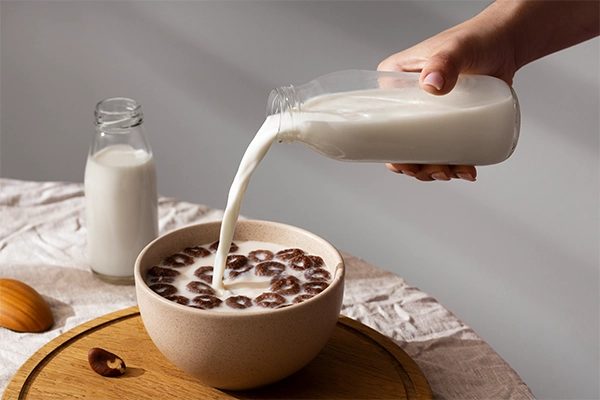
5. Are all plant-based milks healthy?
No. Some plant-based milks contain added sugar, processed oils, or preservatives. To choose the healthiest option when it comes to dairy vs non dairy, pay attention to the ingredients on the product label and preferably choose the sugar-free and additive-free varieties.
6. Can you completely replace dairy with non-dairy?
Yes, many people have done this, especially on vegetarian and vegan diets. It is important to choose dairy and non dairy alternatives correctly so that the body does not suffer from nutrient deficiencies.
Conclusion
Ultimately, examining the dairy vs non dairy topic shows that the choice between these two food groups depends entirely on your physical condition, lifestyle, and individual preferences. Dairy is a rich source of calcium, protein, and essential vitamins that play an important role in bone health and body function. In contrast, many dairy and non dairy alternatives, such as plant-based milks, yogurts, and cheeses, are suitable options for people with lactose intolerance, allergies, or following a vegetarian diet. If you know what is considered non-dairy and how to properly and balancedly include these products in your diet, you can enjoy the benefits of both groups. Most importantly, making informed choices and paying attention to the nutritional composition of products is the key to a healthy and sustainable diet.
